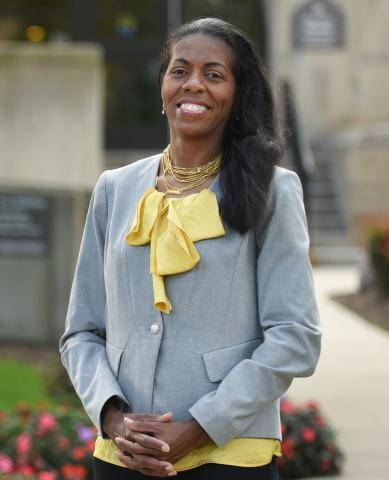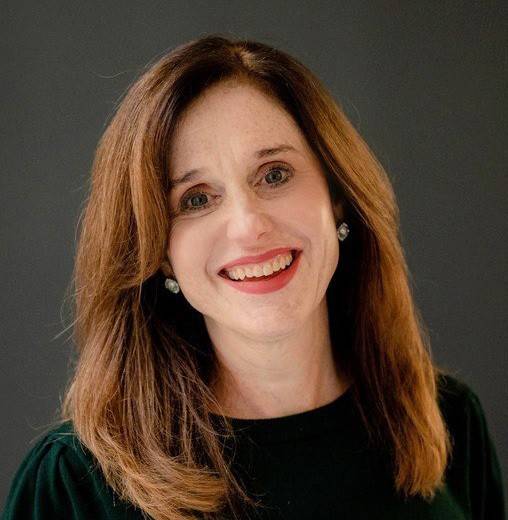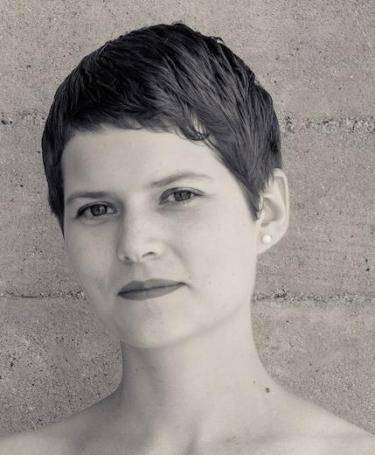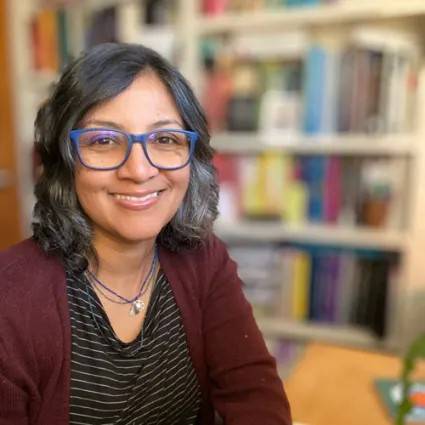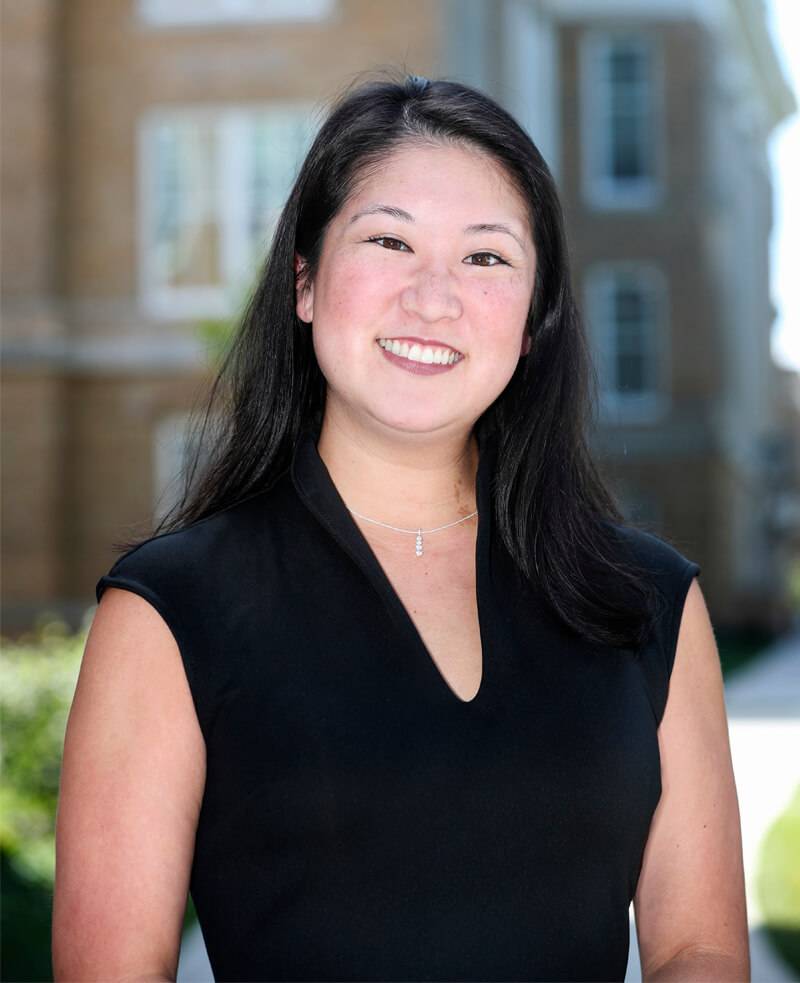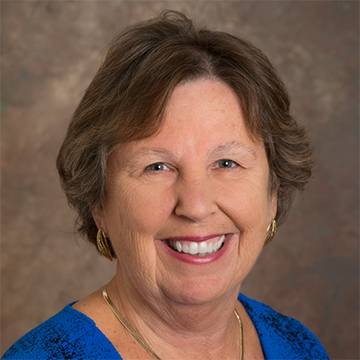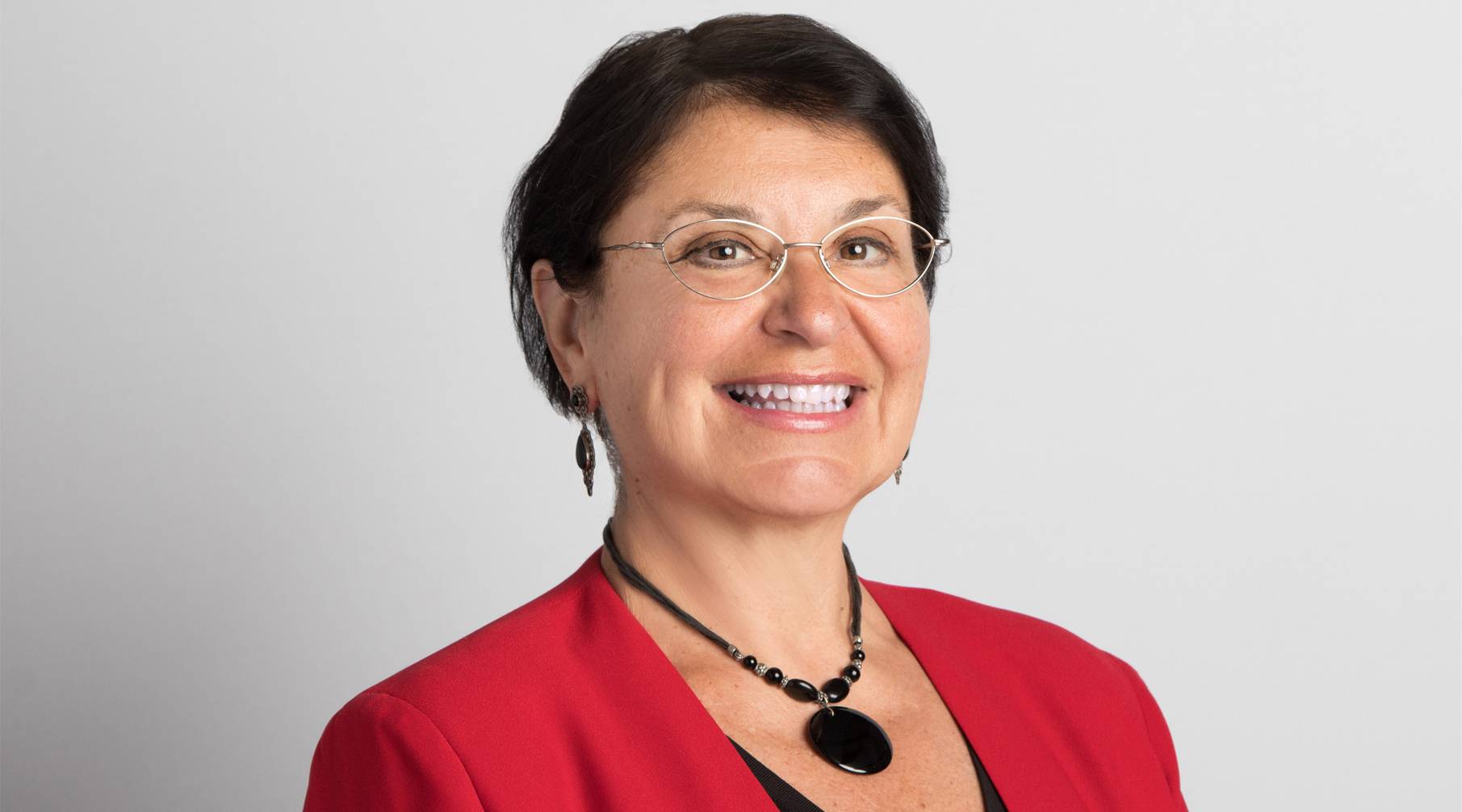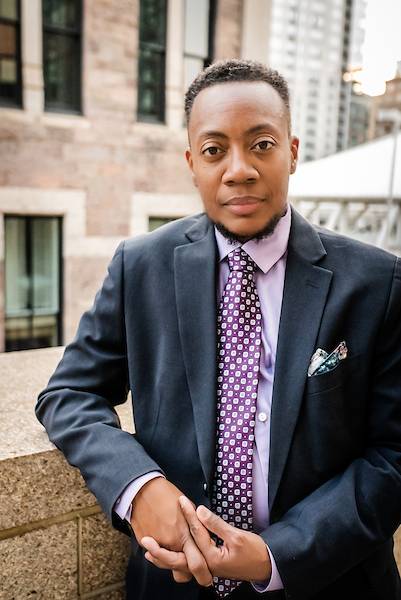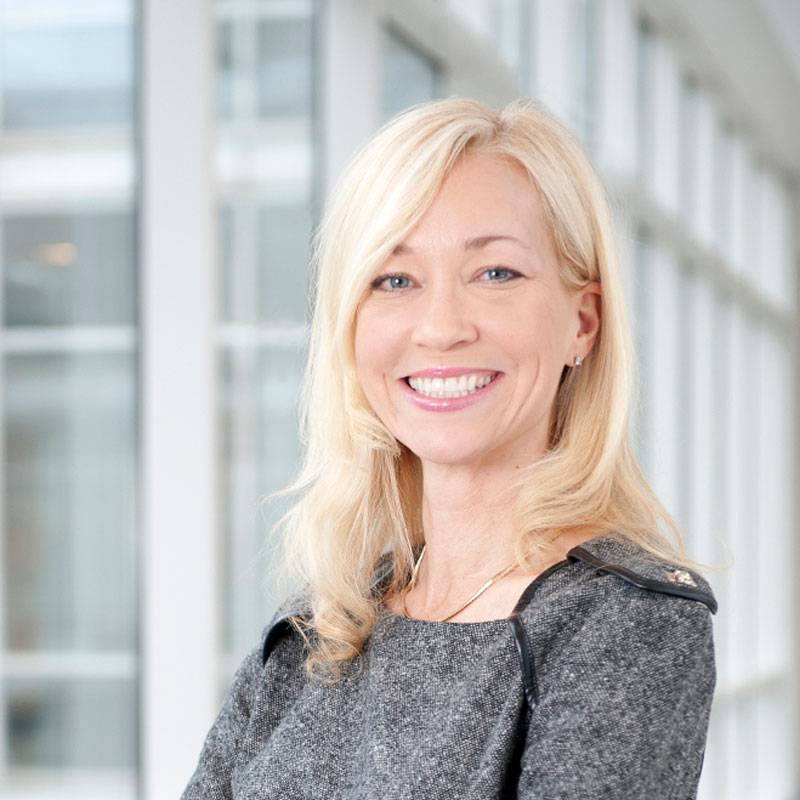NCFDD Institutional Membership
NCFDD
Grand Valley State University has joined the NCFDD, a nationally recognized, independent organization providing online career development and mentoring resources.
The subscription entitles ALL faculty, academic staff, post doc and graduate students access to tools to increase research and writing productivity and improve work-life balance. These tools include:
- The weekly Monday Motivator
- Monthly Core Curriculum Webinars
- Monthly Guest Expert and Multi-Week Course Trainings
- Access to the 14-Day Writing Challenge each semester
- Access to the Dissertation Success Curriculum for advanced graduate students
To access this resource, you need to register:
- Go to www.facultydiversity.org/join
- Under "Select Your Institution," choose "Grand Valley State University"
- Select "Activate my Membership"
- Complete the registration form using your GVSU email address
- Check your GVSU email account to find a confirmation/welcome email. Click "Activate Account" in the email.
Please contact Dana Munk ([email protected]) if you have questions or concerns.
Resources for You
NCFDD is a free resource available to faculty. They host webinars for professors looing to continue their development as researchers, teachers, professionals, and valuable members of their campuses.
Discover our curated categories tailored to empower educators across different dimensions of their careers, such as:
While we offer curated lists of past webinars/recordings for each category, we encourage faculty to explore NCFDD's website for a comprehensive range of resources and opportunities.
Research + Scholarship Publication
Intro to Academic Publishing Contracts & Negotiation Basics
Facilitated by Amanda Orozco
Too often, academic authors receive an offer and contract from a university press and sign it without fully understanding what they are agreeing to, which can cause issues further in their careers. The objective of this webinar is to give you an introduction to the structure and language of university press contracts, as well as equip you with tips and tools on how to navigate the negotiation process. As the author and owner of valuable intellectual property, you should feel empowered to advocate for yourself and the rights to your work. Major points to be discussed, time permitting, include: grant of rights (Territory, Language, Type), advance and royalties, subsidiary rights, competing works, option clauses, copyright, termination, and rights reversion.
Week 1: How to Craft and Submit a Winning Book Proposal in 4 Weeks
Facilitated by Badia Ahad, Ph.D
You may have a completed dissertation, a few rough book chapters, or even journal articles you'd like to transform into a coherent book project—but where do you start? The path to getting your book published begins with a good proposal. In this multi-week course, you will be guided through a step-by-step process to complete your book proposal within four weeks, learn how to translate your research projects for a broader market, and receive invaluable advice about how to approach acquisition editors at academic presses.
Overcoming by Understanding Academic Writer’s Block
Facilitated by Aurora Chang, PhD
In this webinar, Dra. Aurora Chang addresses the state of immobility and powerlessness when writing feels impossible - also known as writer’s block. She focuses on the stories we tell ourselves about who we are as academic writers and how that narration deeply impacts our perceived ability to write. She asks the broad question – how do we revise our self-narratives so that writing feels freeing rather than confining? She also asks the specific question – what are simple, practical ways to overcome academic writing blocks when they hit? The main takeaway? Understanding the roots of your writing block is at the crux of overcoming it.
The Growing Professor
Setting the Stage for Success: Preparing For Your Academic Career From Day 1 of Graduate School
Facilitated by Lei Wang, PhD & Nelson O. O. Zounlomè, PhD
Join Drs. Nelson O. O. Zounlomè and Lei Wang from Liberate The Block (www.LiberateTheBlock.com) in an engaging and transformative webinar designed to equip graduate students with essential strategies and tools for a successful academic career right from Day 1. In this dynamic session, we will delve into key topics that are crucial for your scholarly journey.
Watch the Recorded Webinar with Lei Wang & Nelson O. O. Zounlomè
Power Your Research: Academic Branding
Facilitated by Sheena Howard, PhD
During this talk, Dr. Howard will walk educators and academics through the Power Your Research roadmap as well as cover what you need to know to build a 6-figure personal academic brand. The goal of this session is to teach you tools to build out a profitable personal academic brand so that you can protect your future from the highs and lows of academia. Whether you are a faculty member working inside academe or someone with an advanced degree that wants to learn how to leverage your academic credentials in the market place this session is for you.
The Art of Saying No
Facilitated by Joy Gaston Gayles, PhD
- Are you confused about when to say "yes" and "no" to other people's requests?
- Do you often say "yes" to requests without realizing the impact that response will have on your time and productivity?
- Do you find yourself feeling angry and resentful during the academic year because you've said "yes" too often?
You're not alone! Many faculty (pre and post-tenure) find it incredibly difficult to sort out when, why and how to say "NO."
The Teaching Professor
Empowered Teaching Toolkit: Beginning to Prepare for "Difficult" or "Controversial" Conversations
Facilitated by Chavella Pittman, PhD
In these pandemic times...racial injustice times...election times, and...."regular" toxic teaching times....faculty are understandably exhausted, anxious, frustrated, fearful, uncertain, angry, etc. What many faculty need right now are easy-to-adopt effective teaching practices to help them feel empowered in the current chaotic moment (the chaos that unfortunately many marginalized faculty have been familiar with all along).
In this short session, faculty will begin to learn about and implement key practices that will immediately help them to feel empowered in their teaching despite the state of the world.
Student-Centered Mentoring: Bridging the Gap Between Faculty and Students
Facilitated by Alejandra Durán Trinidad, PhD Candidate & Melanie Morgan, PhD
This workshop is dedicated to enhancing academic mentoring by emphasizing the unique needs and expectations of students. It aims to bridge the gap between faculty mentors and their students, helping faculty understand what students want them to know about effective mentoring. In this workshop, we'll explore the perspectives of students shedding light on their needs and preferences when it comes to mentorship. We’ll also discuss the challenges and constraints faculty members often face that hinder their ability to provide effective mentoring to students. Faculty members will leave with practical strategies to foster effective mentoring relationships, ensuring that all students can thrive academically.
Watch the Recorded Webinar with Alejandra Durán Trinidad & Melanie Morgan
AI in Academia: Teaching Challenges and Opportunities
Facilitated by Julia Staffel
In this webinar, I explain why we owe it to our students to adjust our teaching practices in light of AI technology, and I present some practical suggestions for how to do so. We still need to teach our students how to write on their own, so we need to develop assignments that discourage the use of AI and teach basic writing skills. But we can also take advantage of these new technologies, develop new teaching strategies that rely on them, and teach our students how to employ them effectively and responsibly.
The Human Professor
Resting to Rise: Reduce Burn Out, Find Your Joy for Writing and Life, and Create a Just Academia
Facilitated by Benita Jackson, PhD MPH & Karen Brody, MA
We all hear about the importance of self-care and, in particular, sleep. But many of us continue to struggle finding our internal place of deep rest and renewal. This place is not only where our nervous system resets, but also where our creativity, zest, truest voice, and zone of genius dwell - boons to any academic writer, teacher, and change-maker. It is also from this place that clarity of purpose arises about our role in social transformation. In this workshop we explore the idea and practice of "resting to rise" for academics. We introduce yoga nidra - what it is, what it does, its relevance to faculty, and, most importantly, how to try it and even fit it in to your already-full schedule.
Watch the Recorded Webinar with Benita Jackson and Karen Brody
A Conversation On Faculty Well-Being: How FSP Transforms Academic Life
Facilitated by Lisa Hanasono, PhD
Join this conversation where Dr. Lisa Hanasono and select FSP Alumni will explore the Faculty Success Program and its emphasis on faculty wellness. This session will cover the key elements that contribute to faculty wellness and how the sense of community within the program uplifts and supports its participants in fostering a conducive environment for well-being. A live Q&A session will follow the conversation to give valuable insight to participants who are considering registering for the Faculty Success Program.
So You’re Thinking of Retiring: Imagining Life after the Academy
Facilitated by Maggie Andersen, PhD
This webinar will explore how to start thinking about your retirement. Retirement is a major life adjustment and yet very little of the advice given in various self-help books seems to apply to academic scholars. This webinar will discuss various approaches to retirement, thus helping you set your personal and, if you want, professional goals for this new time of life. Understanding the context in which you will retire is critical, including such things as different institutional policies; personal choices, and financial matters.
Race and Diversity
Presumed Incompetent II: Lessons from Faculty in Academia
Facilitated by Carmen Gonzalez, JD
Drawing upon the personal narratives and empirical studies in the latest volume, this webinar examines how the experiences of faculty across academia have changed since the first volume. It explores the obstacles that faculty encounter on the road to tenure, promotion, and academic leadership, as well as the strategies they have deployed to succeed. The webinar also includes topics that were relatively under-explored in the first volume, including the challenges faced by faculty in leadership positions, barriers and opportunities for mid-level academics, and the health impacts of battling bias in the academic workplace.
Supporting Trans* Scholars
Facilitated by D-L Stewart, PhD
In this webinar, Dr. D-L Stewart will address the key questions and strategies needed to support scholars most effectively. Through discussion of institutional systems and processes and career advancement, attendees will gain greater insight into how they and their institutions can support its scholars.
Women’s Brain Health at Midlife: What Does Menopause Have to Do with It?
Facilitated by Pauline Maki, PhD
In this webinar, Pauline Maki, PhD, examines the effects of menopause on women’s brain health and examines approaches for improving menopause-related cognitive issues at midlife.

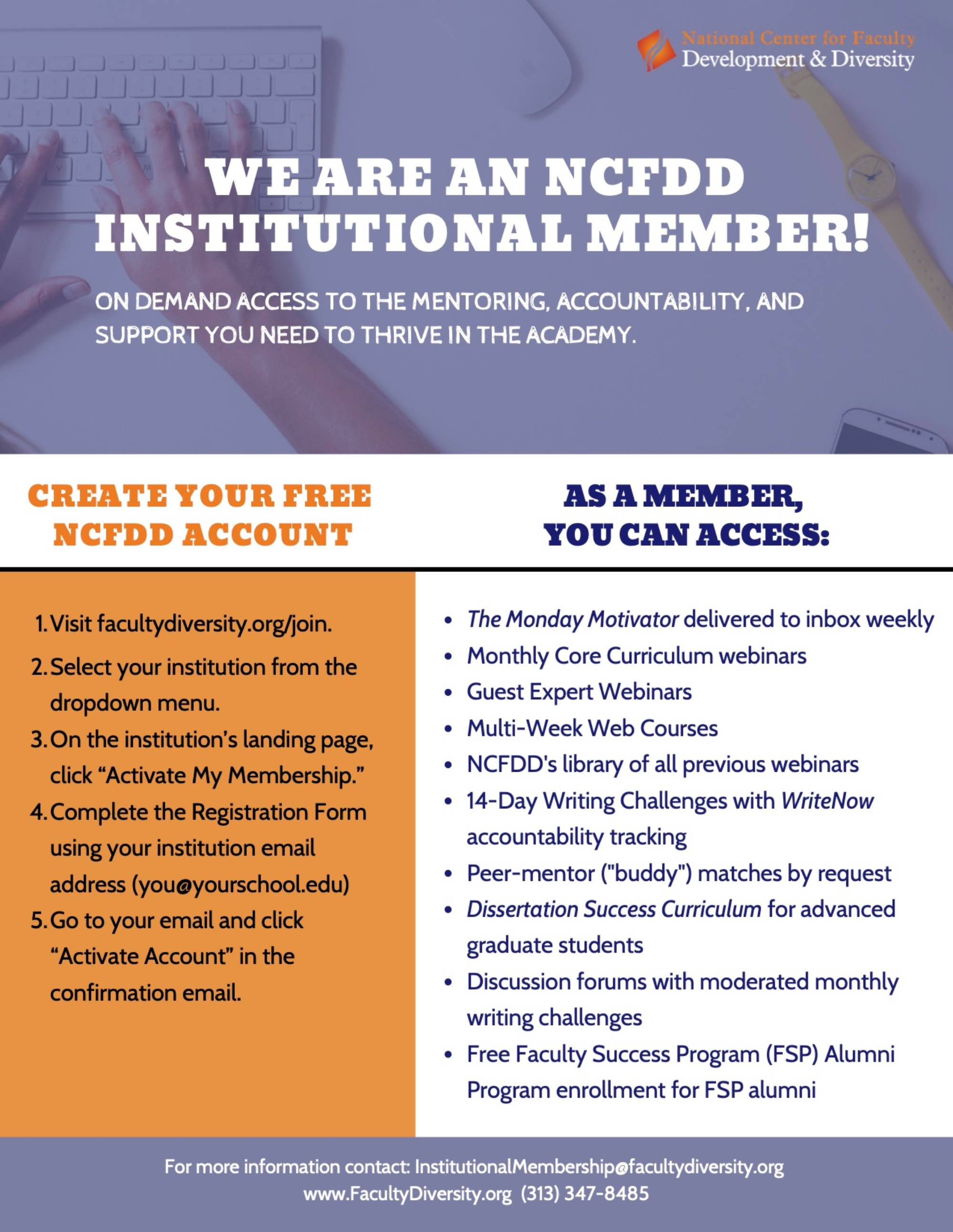
[1709834093].jpg)
[1710419201].jpg)
[1710419441].jpg)
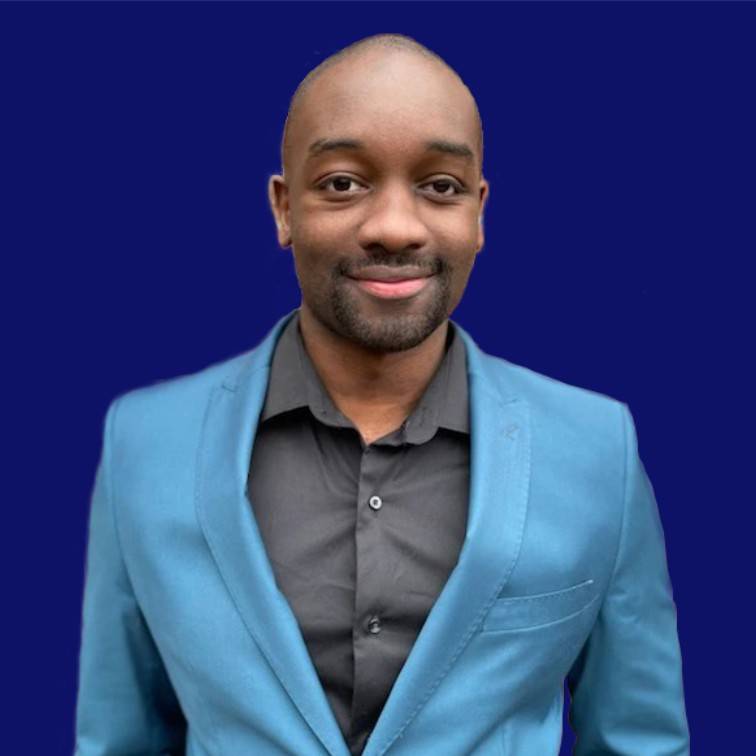
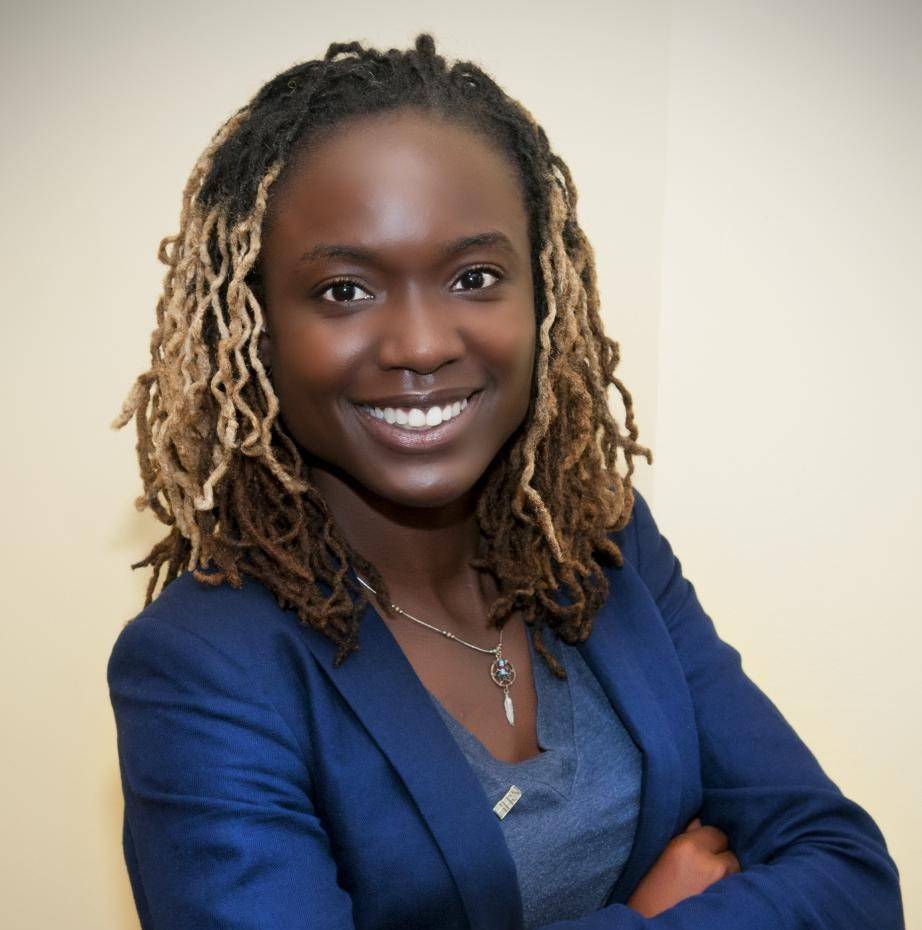
[1710421958].jpg)
